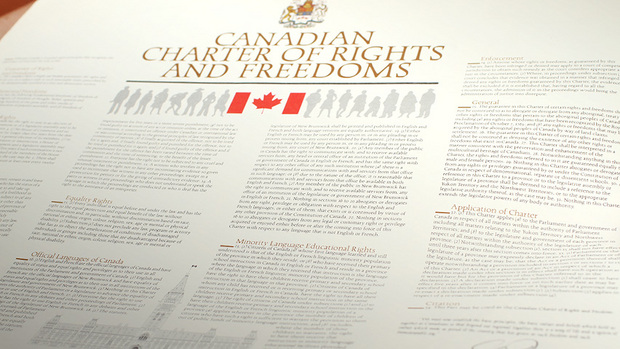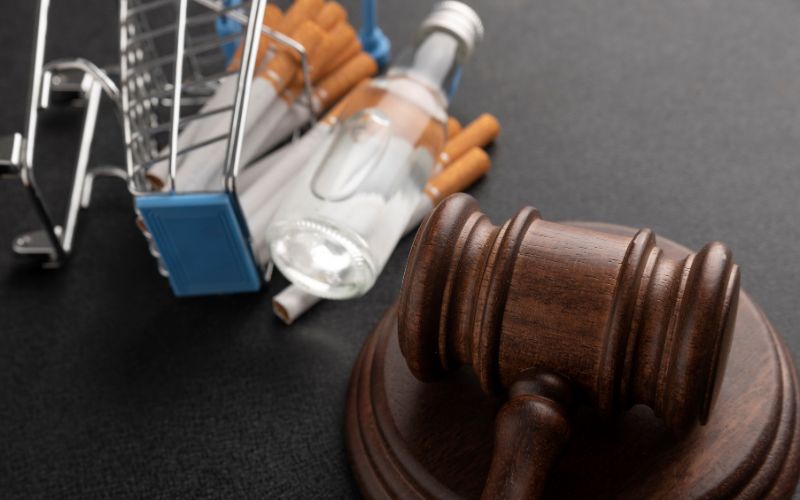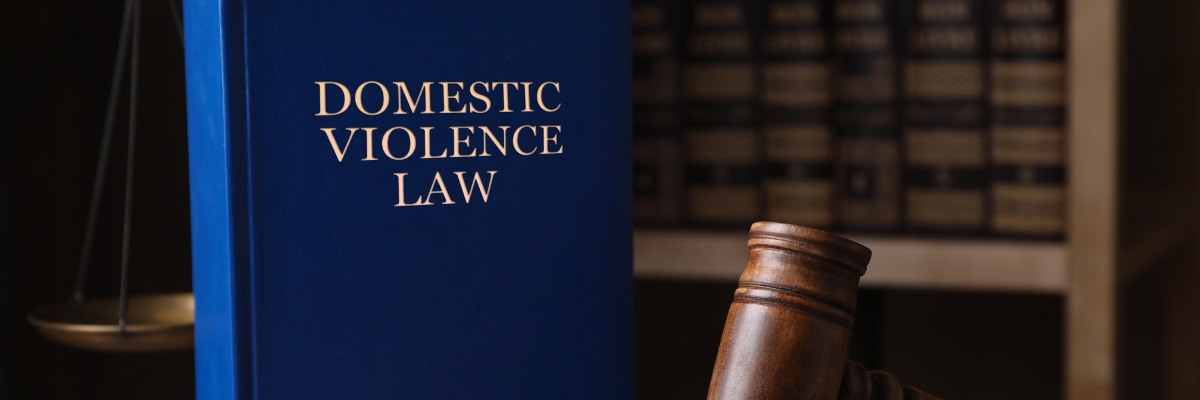 4 Important Rights Upon Arrest
4 Important Rights Upon Arrest
Once a person has been arrested and charged with a criminal offence, there are several rights that are triggered under the Canadian Charter of Rights and Freedoms. Some of these rights that are triggered have immediate implications. The following is some basic information about 4 rights upon arrest that you have under the Charter; (1) the right to speak with a lawyer, (2) the right to remain silent, (3) the right to have a bail hearing, and (4) the right to be informed of the reasons for arrest.
Right to Speak with a Lawyer
Upon being arrested, you have a right to speak with a lawyer and receive legal advice. You must be advised by the police of your right to speak with a lawyer, including a Duty Counsel lawyer who is available by telephone 24 hours a day.
If you exercise your right to speak with a lawyer, you must be given the opportunity to do so without delay. However, the term ‘without delay’ does always mean immediately. For example, the police are permitted to conduct a search of you to ensure the safety of the officers and the public or to ensure evidence is not destroyed or disposed of prior to allowing you to speak with a lawyer.
Your right to speak with a lawyer includes the right to speak in private. Under no circumstances should the police be in the same room as you when you are given the opportunity to speak with a lawyer.
Right Not to Make a Statement
You have an absolute right not to make a statement. As a lawyer I can’t directly tell you not to make a statement, however I can advise you that you have a right not to make a statement and my advice would be to, not make a statement. Ultimately, you have to make the decision about whether to make a statement to the police or not.
Unfortunately, the fact that you have a right not to make a statement does not mean that the police are going to stop asking you questions. Once you have spoken with a lawyer, the police are permitted to resume asking you questions. The police may use tactics to get you to make a statement such as;
- This is your chance to tell your side of the story.
- We already have all the evidence we need against you.
- We already know what happened, we just want to know why.
- We are going to get a search warrant, you can make it easier on yourself by just telling us what happened.
- You don’t have to make a statement, we can just have a discussion about what happened.
If the police continue to ask you questions, my advice is to continue to remain silent. It is better that you say absolutely nothing, and not to even get into any discussion whatsoever with the police. Simply put, the police are not there to assist you and they are not your friend, they are there to investigate allegations of criminal offences.
Informed promptly of the reasons for arrest or detention
The police must inform you of the reason you are being arrested. In most circumstances this is done simply by the police officer stating the reason you are being arrested. You should understand that the police do not need to provide you with all the information they are relying upon to detain or arrest you. In circumstances where the police simply wish to speak with you about a criminal investigation, they are not required to provide you with any information in advance regarding what they wish to speak with you about.
Right to have Validity of Detention determined by way of Habeas Corpus
If you arrested and not released by the police on your own recognizance, you are entitled to appear before the court for a bail hearing without delay. Depending upon the time of day you are arrested, you may be taken to court that day or you may be held overnight and be taken to court the next morning. If you are arrested on a Friday or Saturday night, you will still appear in court the next day. All bail hearings in Toronto held on a Saturday or Sunday are done at the Old City Hall.
Contact Me
Contact me today if you have been arrested and charged with a criminal offence, or you have been contacted by the police regarding a criminal investigation.
You can also read about why it is important to exercise your right to speak with a lawyer.













